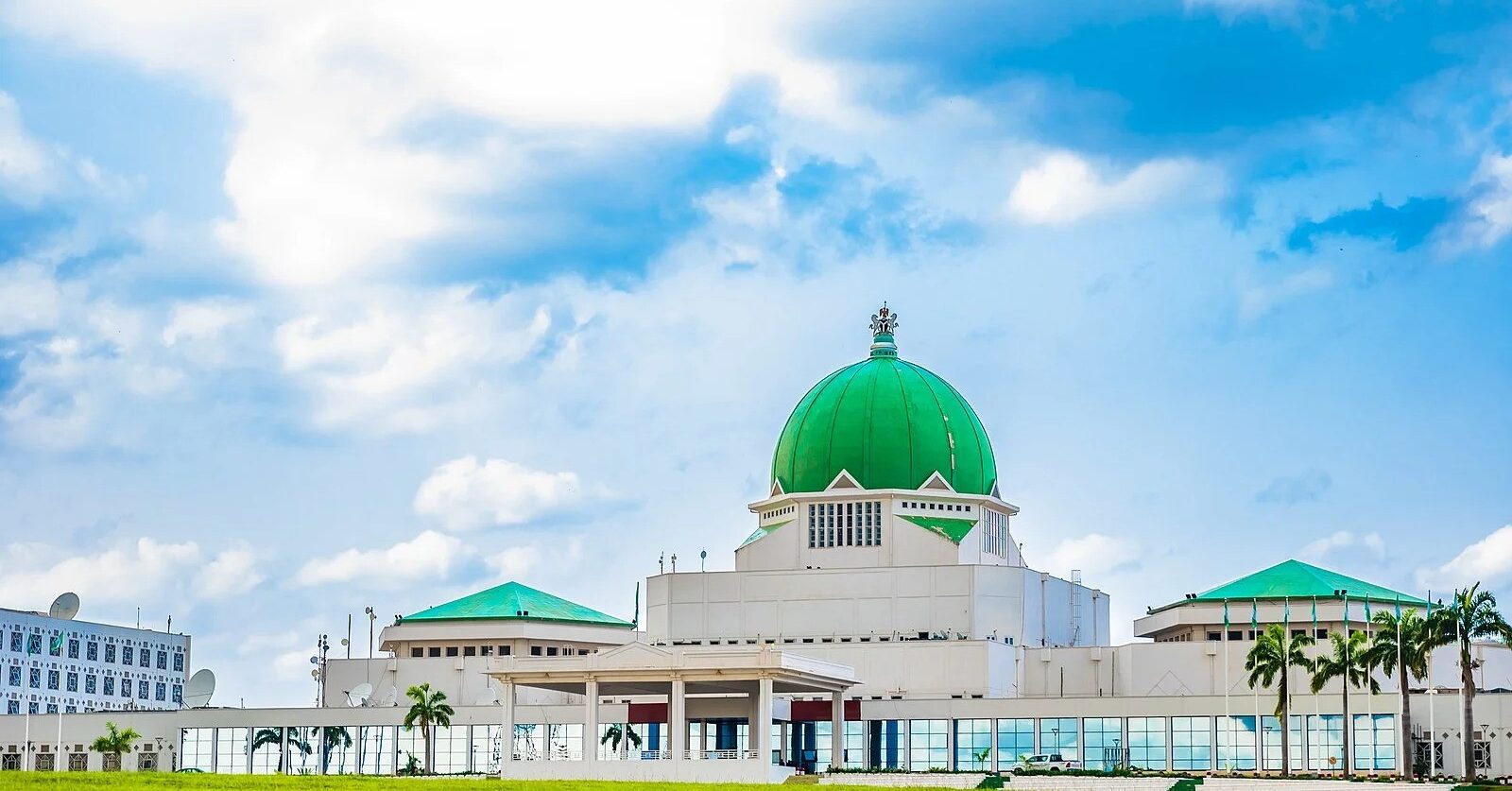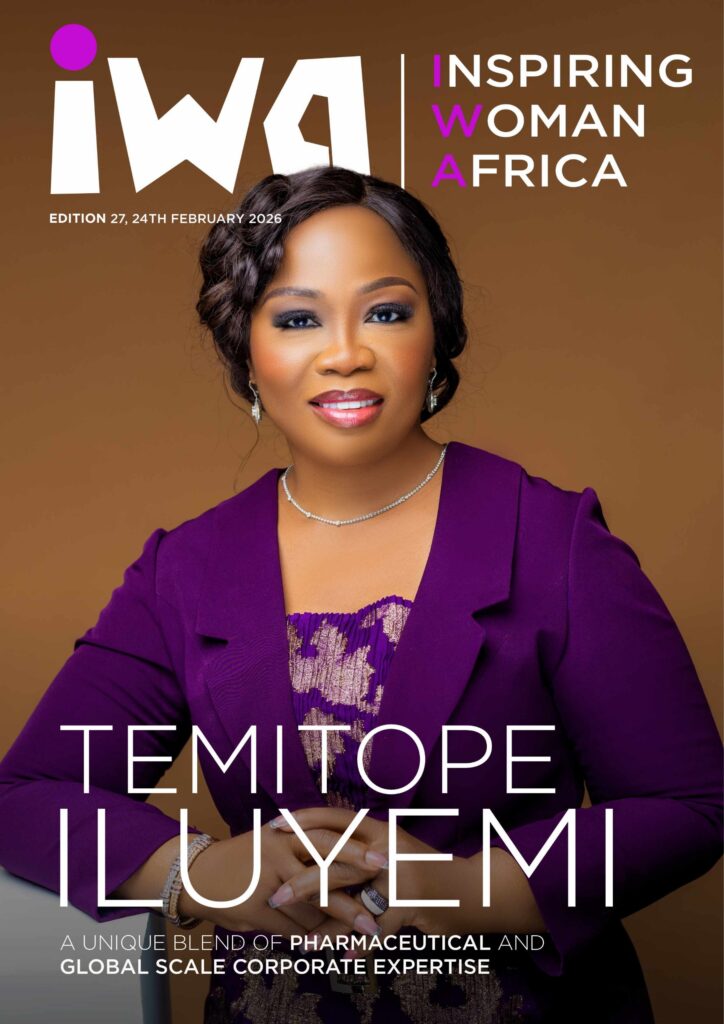
Nigeria faces widespread insecurity ranging from insurgency in the North East, banditry and kidnappings in the North West, farmer-herder clashes in the Middle Belt, to separatist agitations and militancy in the South East and South South, alongside rising urban crime in major cities. Yet, while these crises threaten peace and stability, democracy itself remains fragile because women who make up nearly half of the population hold less than 5% of parliamentary seats. Their absence from decision-making not only deepens inequality but also undermines the very foundation of peace, security, and development in our country.
Gender Equality as a Pathway to Peace
Across the world, evidence shows that societies where women enjoy equal opportunities are more peaceful and resilient. Women bring unique perspectives to leadership, often prioritising investments in education, health, and community safety. In Nigeria, they are already at the frontline of peace-building mediating disputes, leading humanitarian efforts, and holding families and communities together in times of crisis. Yet, when critical decisions are made in parliament, their voices are largely absent. This lack of representation means policies often fail to capture the realities of half the population, creating gaps that reinforce inequality and deepen insecurity.
“Peace cannot be sustained when the voices of women are missing in the very institutions that shape national destiny.”
Why Nigeria Needs Special Seats for Women
The proposal for special seats for women in parliament is not about charity it is about justice. While critics dismiss it as tokenism, the truth is that Nigerian politics remains overwhelmingly male-dominated, shaped by money, violence, and cultural norms that exclude women. Expecting women to compete on equal footing without addressing these entrenched barriers is simply unrealistic. Special seats provide a corrective mechanism, serving as a transitional tool to level the playing field until structural barriers are dismantled. Countries such as Rwanda and Tanzania have demonstrated the effectiveness of this approach. Rwanda now leads the world with women holding over 60% of parliamentary seats, which has translated into stronger policies on health, education, and reconciliation. Nigeria can learn from these examples and design a model suited to its own federal structure and cultural realities.
At the Centre for Nonviolence and Gender Advocacy in Nigeria (CENGAIN), we have consistently championed the inclusion of women in governance, and we will not relent until Nigerian women truly “Occupy NASS”.
“Special seats are not a privilege, they are a necessity to correct decades of exclusion.”
Linking Representation to National Security
In Nigeria, women’s political representation is not just a matter of fairness, it is a question of peace and national survival. Women in conflict-affected regions disproportionately suffer the consequences of displacement, sexual violence, and economic hardship, yet their voices are consistently absent from peace-building and recovery strategies. Institutionalizing women’s representation through special seats in parliament would help ensure that national laws on peace, security, and humanitarian response reflect these urgent realities. Imagine how legislation on gender-based violence, IDP management, or social protection could be transformed if crafted and championed by women who live these challenges every day
Beyond Numbers: Ensuring Quality Representation
Representation is not just about filling seats; it is about making them count. For special seats to be effective, women must be supported with capacity-building, mentorship, and access to resources that empower them to compete favourably with their male counterparts. Most importantly, this representation must reflect Nigeria’s diversity: rural women, young women, and those from marginalised or conflict-affected communities must all have a place. That is how we build a parliament that truly mirrors the nation it serves.
“When women lead, societies heal. When women legislate, communities grow stronger.”
A Call to Bold Action
Nigeria stands at a turning point. Special seats for women are not just about fulfilling international commitments like the Sustainable Development Goals; they are about building a democracy that truly works for everyone. Peace, justice, and prosperity cannot be achieved while half of the population remains locked out of governance.
Gender equality in politics is not a favour to women, it is a national imperative. By embracing special seats, Nigeria would be sending a powerful message: that our democracy is ready to be inclusive, that our parliament is ready to reflect the true face of its people, and that our nation is ready to choose peace over exclusion.
As stakeholders gathered for the National Public Hearing on Monday, 22nd September 2025, it is critical that this truth guides our deliberations even beyond yesterday. The proposed bill deserves broad support, not just as a women’s issue, but as a national priority for strengthening democracy, ensuring representation, and securing a more peaceful future for Nigeria. The time for bold action is now.
Dr. Asmau Benzies Leo is a development practitioner with extensive national and international expertise in gender equality, peace-building, governance, and humanitarian action. She holds a PhD in Public Governance and Leadership, a Master’s degree in Conflict Management and Peace Studies, and executive certifications from leading institutions including Howard University, Harvard University and Glasgow Caledonian University. As Executive Director of the Centre for Non-violence and Gender Advocacy in Nigeria (CENGAIN), she has led ground-breaking advocacy initiatives on women’s political participation, gender-based violence prevention, and security sector reform across multiple World Bank, UN and EU-supported projects.
Latest Posts
-
Feb 24, 2026 Busie Matsiko
-
Feb 24, 2026 Seven Money Moves to Make Today






